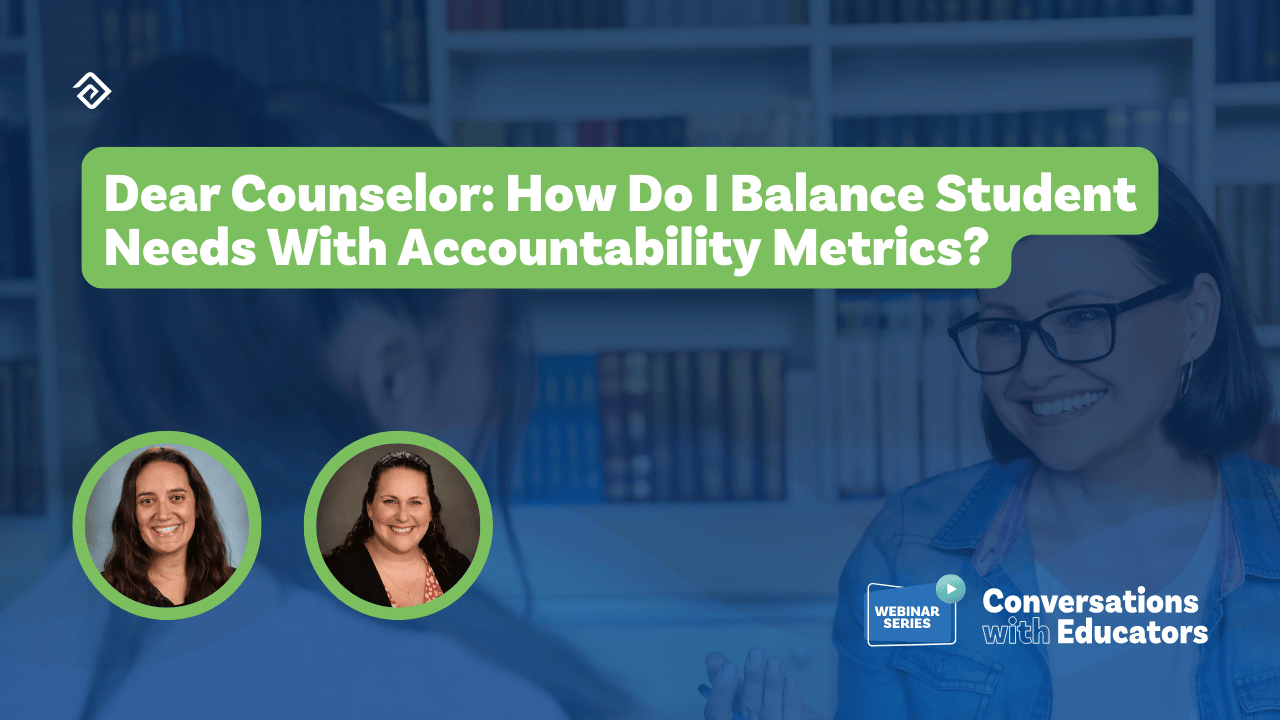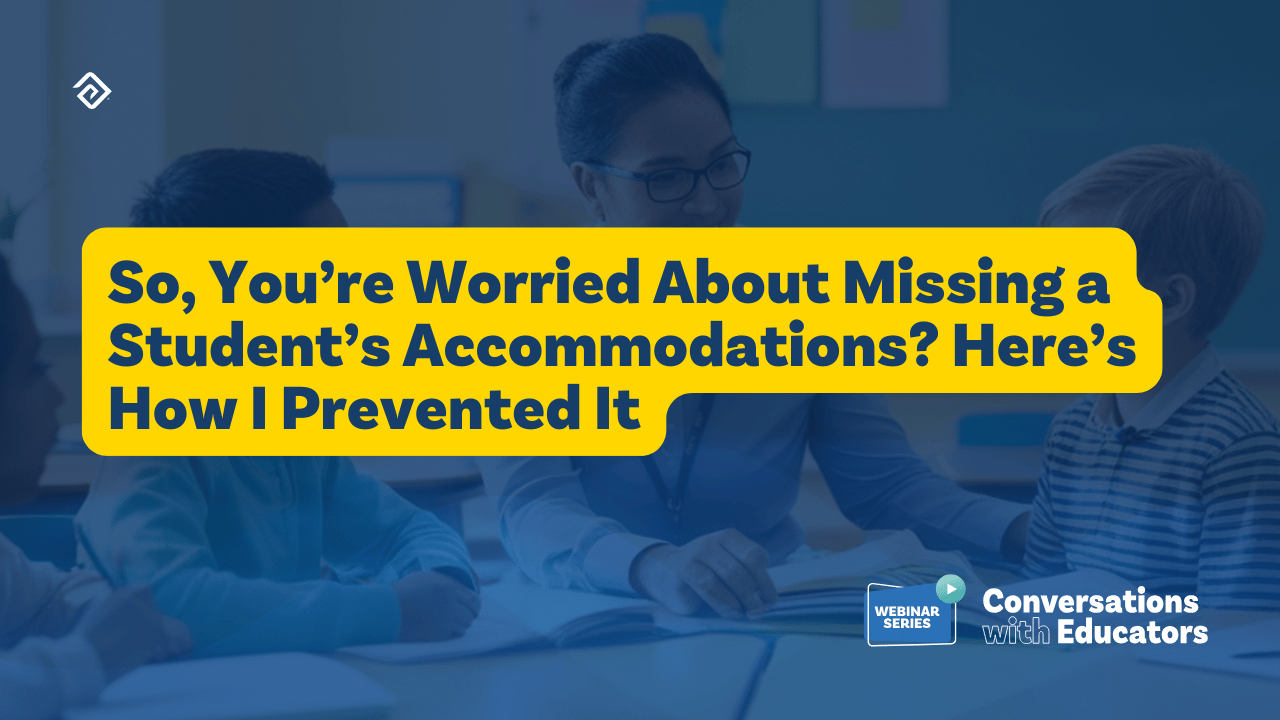School Counselor Resources

School counselor resources go a long way when caring for a student’s well-being. As you guide students in tackling unique challenges based on family background, academic pressure, and relationships, it’s always important to sharpen your skills and maintain industry compliance for the best outcomes.
As such, we have pooled some of the top counseling resources, such as websites, techniques, and articles to elevate your skills without going through mountains of information. You’ll find a trove of useful tips regardless of your experience.

Visit Reputable School Counseling Websites
Referring to an authoritative counseling website keeps you updated with the latest practices and standards to deliver meaningful support.
For example, school-counselor.org serves as a one-stop resource hub for counseling resources. You’ll find a wide range of counseling techniques and various certifications for your professional development. School-counselor.org also provides insightful career profiles of successful counselors who relate their experiences and challenges.
The American Counseling Association (ACA) is another insightful source of school counseling information. ACA is a not-for-profit educational organization founded in 1952. The organization serves as the largest association worldwide that supports counselors across every setting. The ACA community remains dedicated to core values like social justice and integrity.
Apply Various Counseling Techniques
Due to the complexity and uniqueness of student needs, there is no one-size-fits-all approach to counseling. As a counselor, it is important to constantly equip yourself with various techniques to help students reach the best decisions across varied scenarios. Some effective methods to help students regain control of their situation include:
Ask open-ended questions — Asking students about their feelings and emotions encourages detailed responses and tension release. For example, you may ask, “How have you been feeling lately?" rather than requesting a mood rating.
Provide validation — Validation shows students that they are not alone in facing their struggles. Active listening and non-judgmental perspectives can help students feel a sense of acceptance and encourage them to share further.
Encourage mindfulness — Mindfulness-based stress reduction (MBSR) techniques like controlled breathing and meditation can help students tune away from immediate stress and become more aware of their well-being.
Introduce reframing methods — Reframing focuses on rechanneling a negative thought process into a more positive and productive state of mind. For instance, you can help students see mistakes as lessons rather than demoralizing defeats.
Discuss positive modeling — You can present students with positive behaviors, attitudes, and coping strategies, empowering them to overcome the challenges they face. Observational learning can reinforce positive behavior while developing student-counselor rapport.
Brainstorm Counseling Topics
As a counselor, it is important to help students establish the root cause of their concerns. Personal and academic development may arise from differing contexts across interpersonal relationships among peers. You can help students discover and resolve the main problem by exploring different aspects of their social life. Some of the most common counseling topics include:
- Romantic relationship issues
- Family problems
- Cyberbullying
- Bullying
- Rejection
- Financial issues (potentially tied to family background)
- Learning difficulties
- Peer pressure
- Keeping up with social trends
The topics listed above only offer a glimpse of the possible issues students face. You can identify the exact challenges and provide relevant support by applying proven templates and forms to organize your sessions.
Structure Counseling Sessions With Templates and Forms
You can choose from various counseling forms to fit the context of a session. For example, you could provide school staff with student referral forms if they plan to make recommendations for a specific counseling program. You can direct students to self-referral forms if they wish to seek support privately.
Aside from counseling appointments, you can also provide students with assessment forms to help them identify their moods and emotions. These forms can facilitate consultations by offering a summary that puts a session into perspective.
Engage in Further Reading
Many informative school counseling books written by industry experts can provide hands-on tips and techniques to connect with students. We have shortlisted three impactful titles that you can add to your library.
1. Handbook on School Counseling
The Handbook on School Counseling offers practical skills to help you cope with real-world school scenarios. You can refer to the insights within the manual to guide your annual curriculum action plans with a combination of tactful psychology and versatile counseling models.
2. 101 Solutions for School Counselors and Leaders in Challenging Times
Aside from accessing a broad range of school counseling techniques, 101 Solutions offers real stories by counselors who have successfully applied their methods. These narratives can provide added clarity and context to standard counseling methods.
3. The Use of Data in School Counseling: Hatching Results (and So Much More) for Students, Programs, and the Profession
Data has become a vital component in current counseling practices. School counseling scholar and advocate Trish Hatch shares the best data practices in her book and how you can use them to optimize existing programs.
Embrace Continuous Learning
Counseling practices will continue to evolve with student and school trends. Keeping updated with the latest resources allows you to provide the best student care and support through the times. Ultimately, counseling is not a destination but an ongoing process that requires constant learning, empathy, and passion.
If your school is interested in new ways to improve the learning experience for children, you may also be interested in automating tasks and streamlining processes so that your teachers have more time to teach. Education Advanced offers a suite of tools that may be able to help. For example, four of our most popular and effective tools are:
- Evaluation is a solution for documenting every step of the staff evaluation process, including walk-throughs, self-evaluations, supporting evidence, reporting and performance analytics.
- Pathways is a graduation tracking tool that allows administrators and counselors to create, track, and analyze graduation pathways to ensure secondary students are on track to graduate.
- TestHound, our test accommodation software, helps schools coordinate thousands of students across all state and local K-12 school assessments while taking into account dozens of accommodations (reading disabilities, physical disabilities, translations, etc.) for students.


More Great Content
We know you'll love




